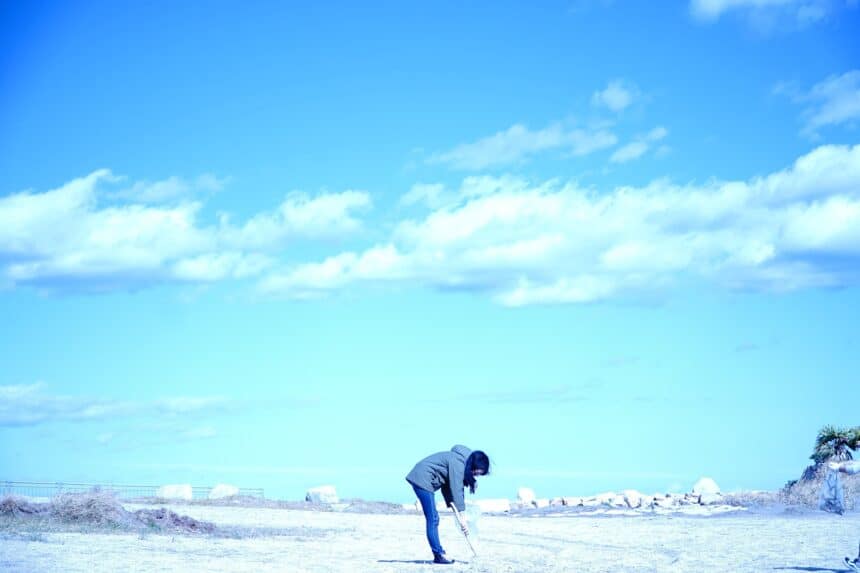Post Author
If you’ve ever stood in a quiet forest, watched waves crash along a shoreline, or looked up at a star-filled sky, you’ve felt it—the deep connection between humans and the natural world. But while nature gives us everything from clean air to drinking water and fertile soil, the way we treat it doesn’t always reflect that connection.
Human-environment interaction is just how we affect the environment, and how it, in turn, affects us. This relationship has never been more important to understand than it is today.
How We Live Our Daily Lives Affects the Environment
Our daily choices have real, measurable consequences. For example, the use of fossil fuels—coal, oil, and gas—releases greenhouse gases that trap heat in the atmosphere. The result? Global temperatures are rising. According to NASA, the planet’s average surface temperature has risen about 2°F since the late 19th century. That doesn’t sound like much, but it’s already causing more extreme weather, wildfires, and shrinking ice caps.
At the same time, nearly 75% of land and 66% of marine environments have been significantly altered by human actions, according to a 2019 report from the UN’s Intergovernmental Science-Policy Platform on Biodiversity and Ecosystem Services. Deforestation, pollution, and habitat loss are pushing species towards extinction faster than ever before.
And yet people often don’t realize how connected these issues are to their daily lives. From the food we eat to the energy we use, we all play a role in either making things worse or turning things around.
Moving Towards Positive Change
Thankfully, it’s not all doom and gloom. Positive human-environment interaction is real, and it’s happening in communities all around the world. In countries like Denmark and Costa Rica, over 98% of electricity already comes from renewable sources. In Canada, over 60% of electricity is generated by hydro power.
Cities like Paris and New York are planting urban forests and expanding green spaces to improve air quality and lower temperatures. On an individual level, small choices can add up. Choosing public transit, eating less meat, reducing food waste, or just using energy-efficient appliances can reduce your environmental footprint. And it’s not just about individual effort—it’s about collective will. When communities push for better waste systems, sustainable agriculture, and cleaner industries, the impact grows exponentially.
Why Conservation Still Matters
Nature is not an unlimited resource. Forests, wetlands, and oceans are vital to our survival, not just because they’re beautiful but because they filter our water, stabilize our climate, and support food production. Biodiversity isn’t just about saving the whales or the polar bears. It’s about preserving the balance that allows humans to thrive.
Coral reefs, which support about 25% of all marine species, also help protect coastal areas from erosion and storm damage. When these ecosystems are damaged, the ripple effects go far beyond the environment—they hit economies, health systems, and communities.
So What Can We Do?
The truth is, most of us aren’t environmental scientists or policy-makers. But we don’t have to be. We can still make a difference by staying informed, making thoughtful choices, and supporting leaders and businesses that prioritize sustainability.
Switch to renewable energy if you can. Support local farmers and eco-conscious companies. Recycle, yes—but also reduce what you consume in the first place. Talk to your kids about why nature matters. Volunteer for clean-up days or tree-planting drives in your community. And most of all, stay hopeful and involved.
The earth doesn’t need perfection—it needs effort, consistency, and respect. By rethinking how we interact with the environment and choosing better every day, we have a real shot at building a future where people and nature not only coexist but thrive together.





